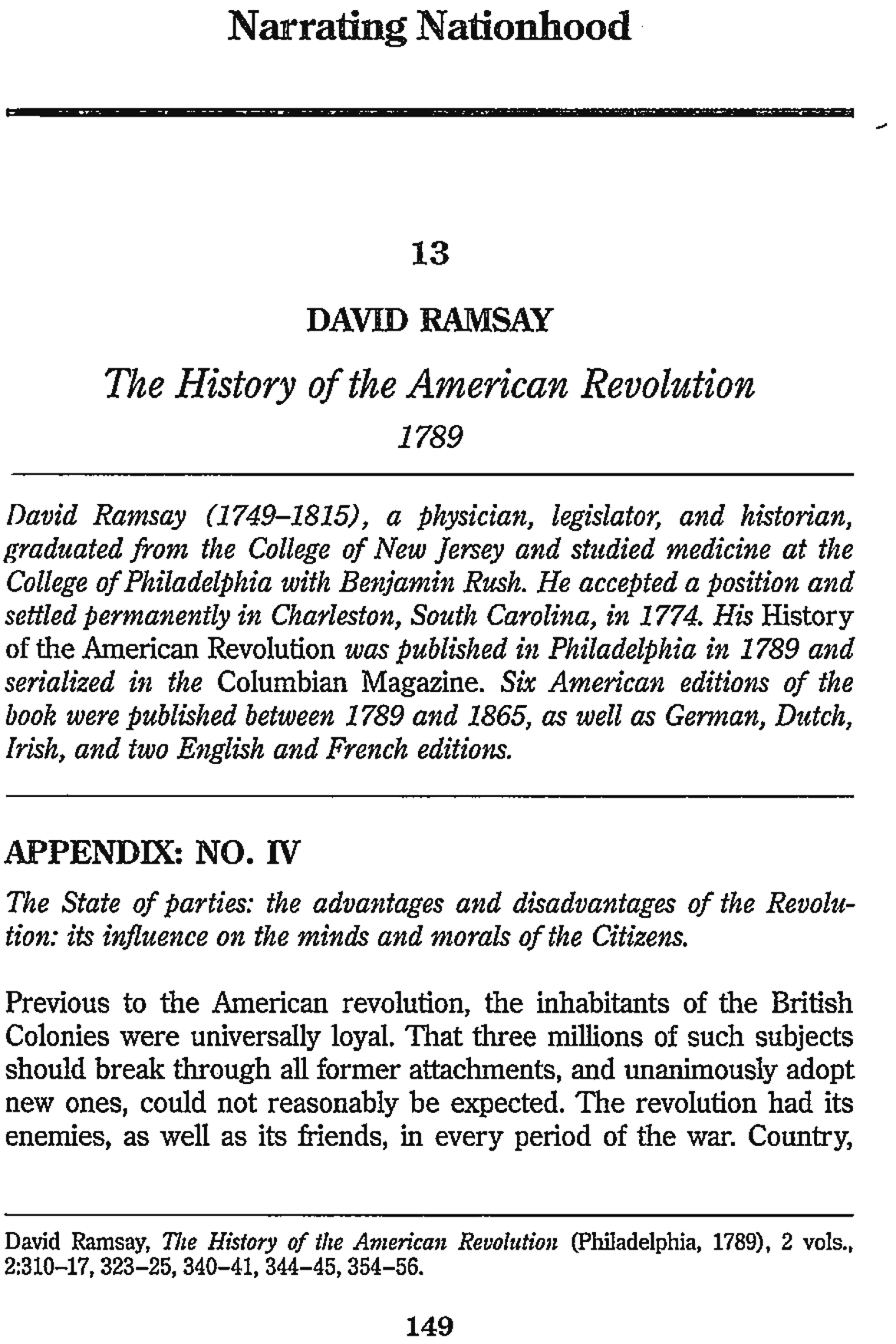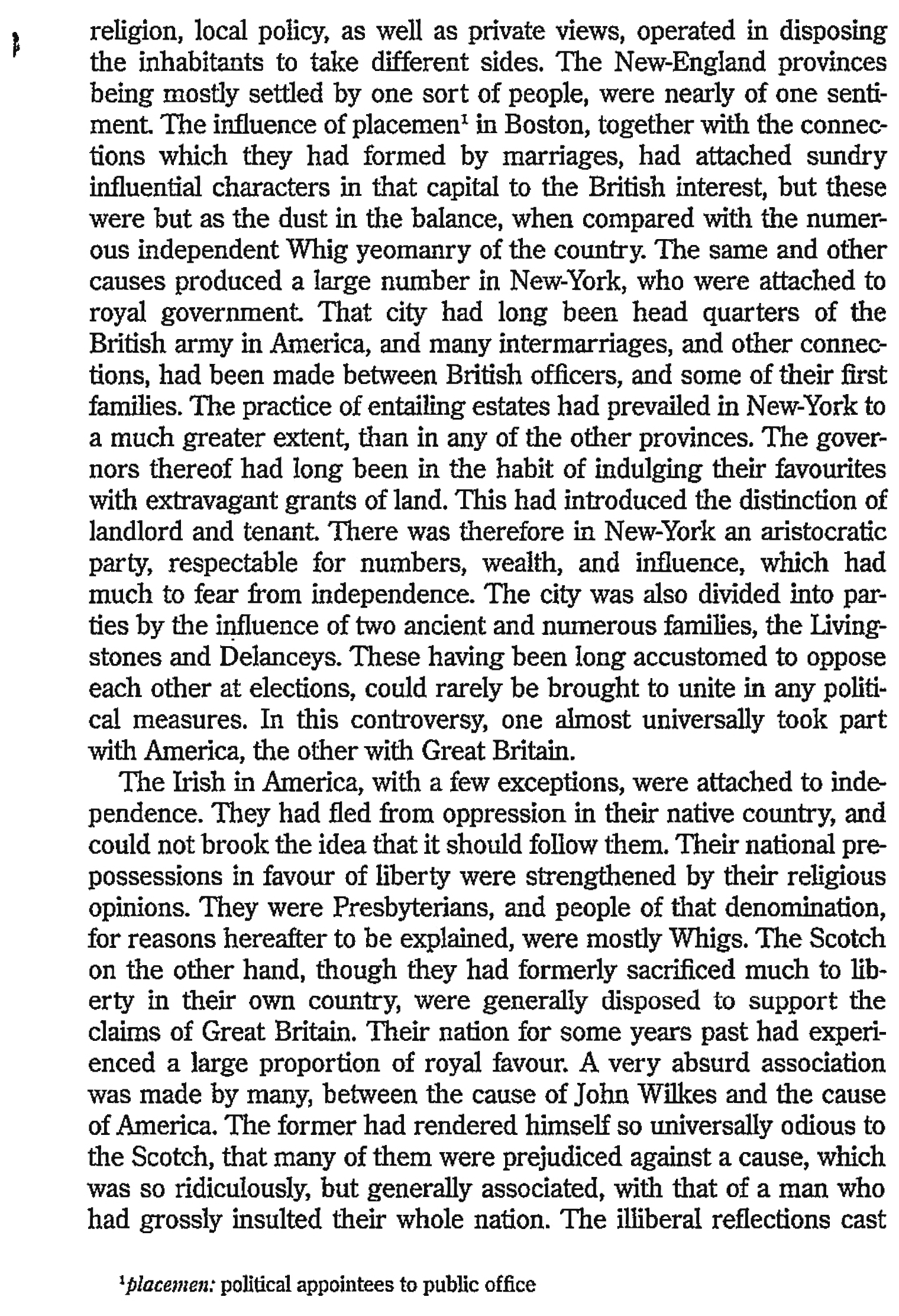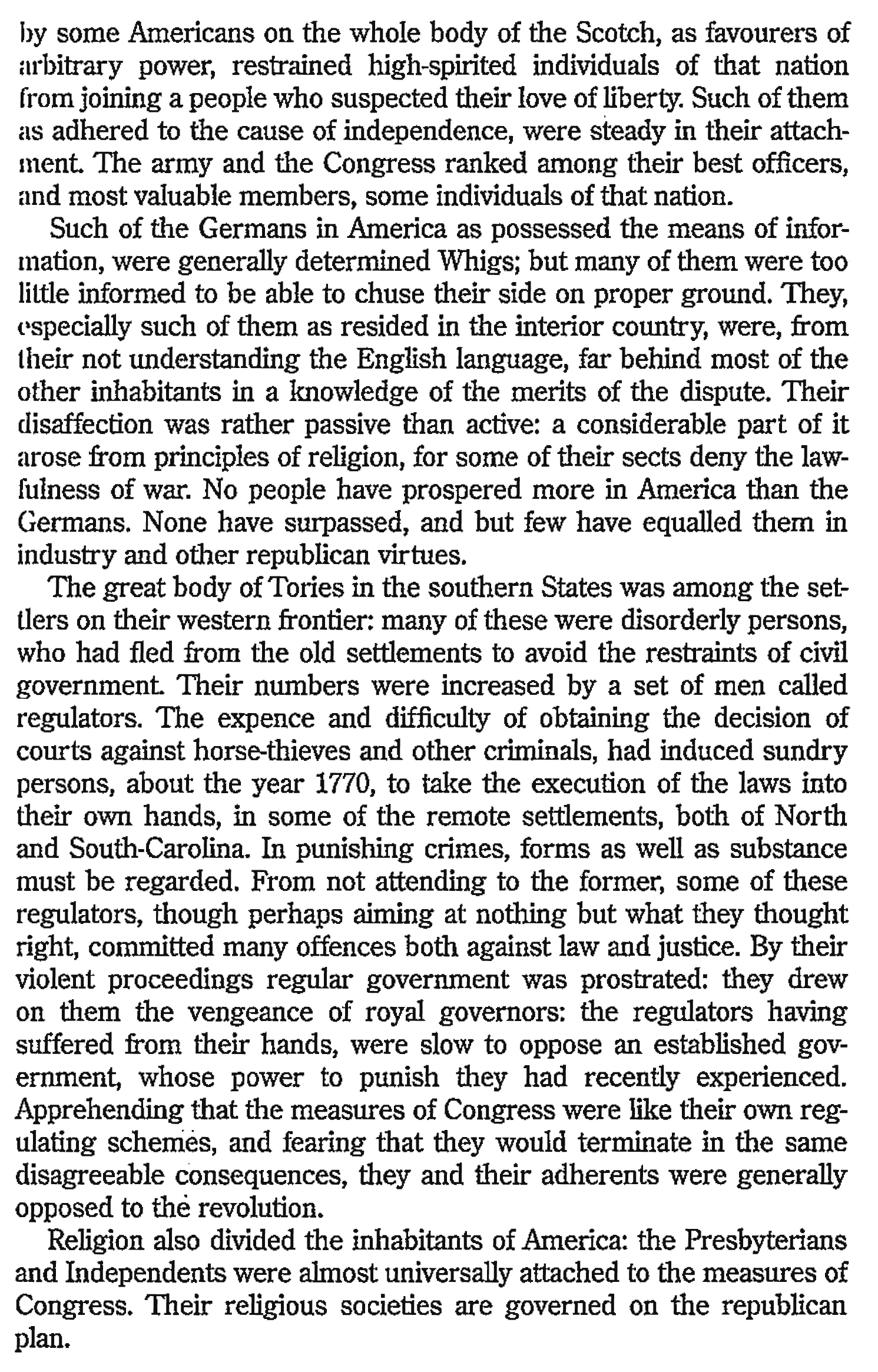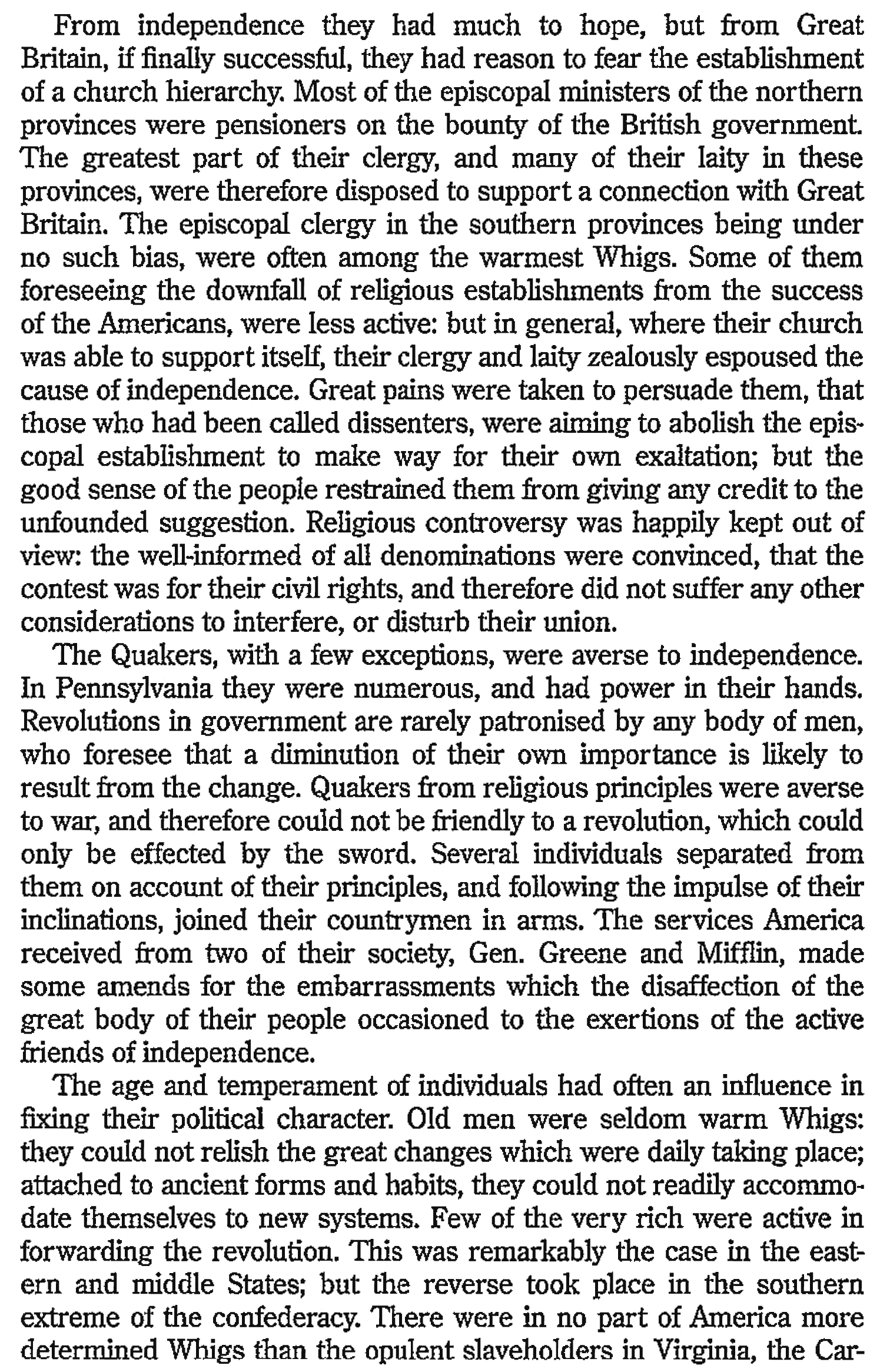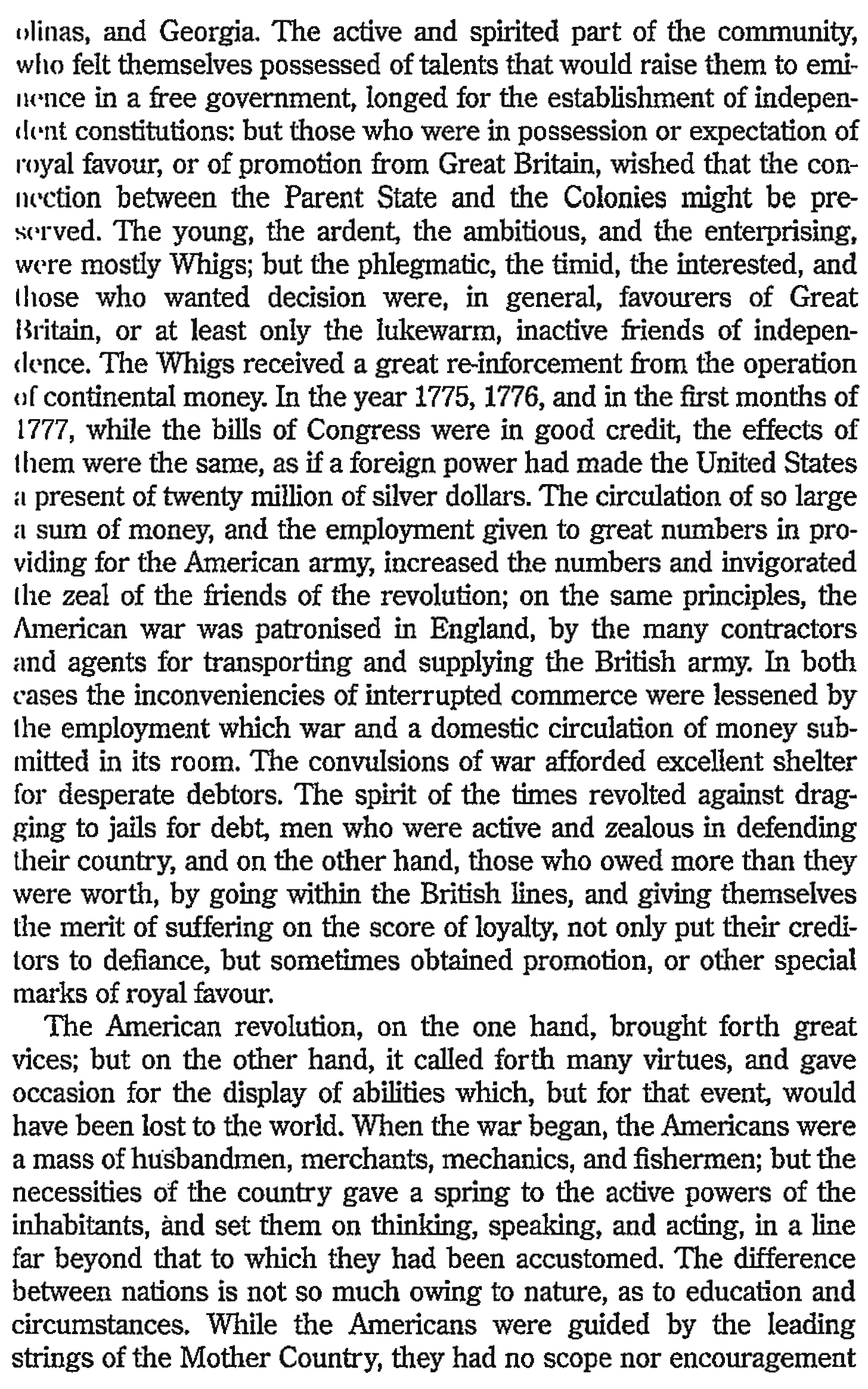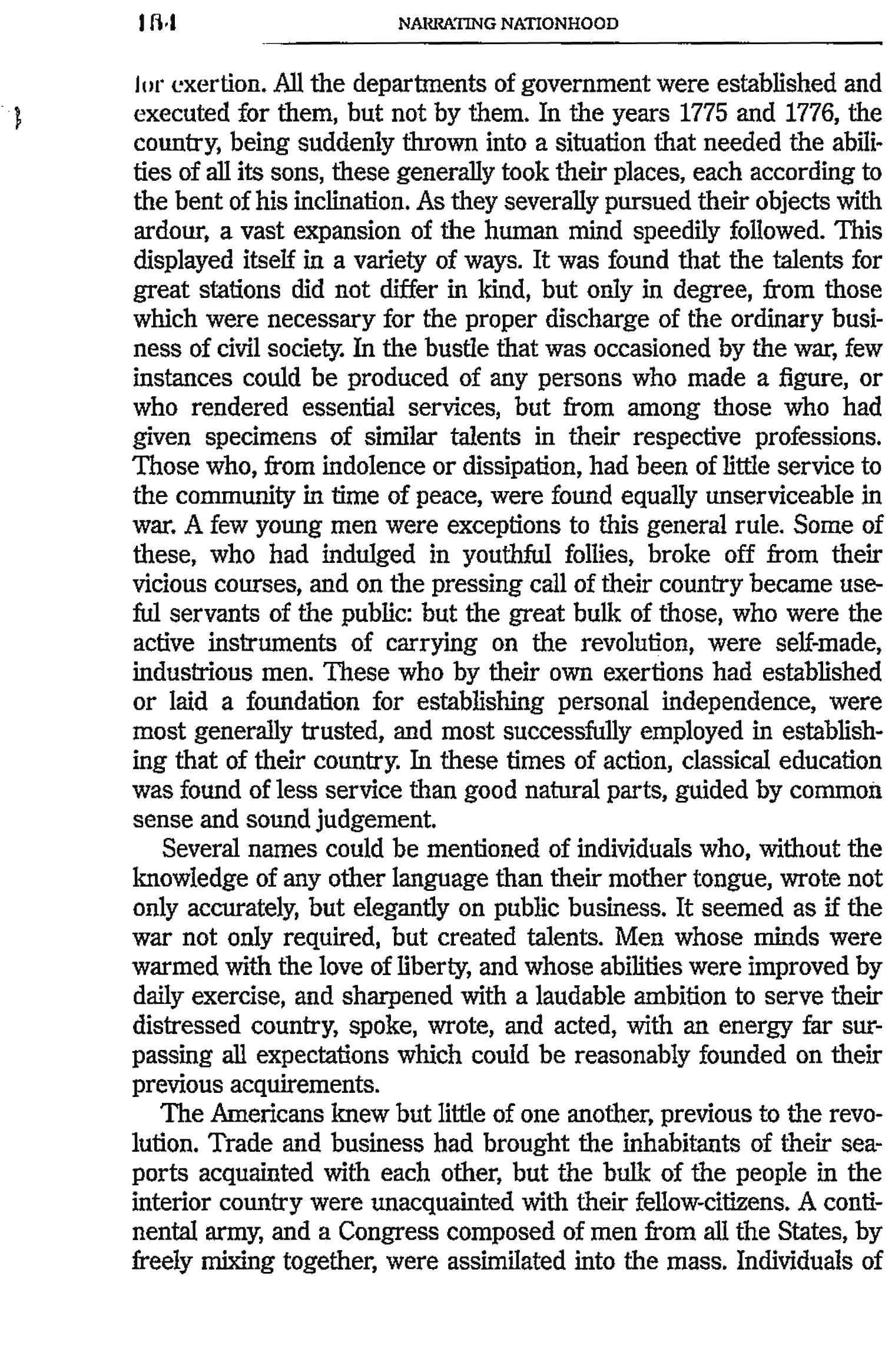A Way of Speaking Makes it a Universal Language
I’m writing this in a humorous mood, not taking myself or life too seriously. Just taking note of human limitation and including the realization that “if this is a sin, then I have often numbered amongst the guilty.”
Dramatic Utopian is spoken by using broad expansive terms and the logic they imply. Speaking this way comes naturally to us and our linguistic intuition enables these type of pronouncements to flow out from us with ease.
Using language we congeal diverse populations numbering in the millions into a single term. We speak of the Russians, the Italians or the French as if some logic of national citizenship makes millions of disparate individuals into a single well defined thing. A thing we then give humanlike personality to, as if the Russians think with one mind, feel with one heart and are united in a singleness of intention. Of course, this enables us to understand ‘the Russians’ as if they were one of our coworkers, neighbors or friends.
In essence we ask ourselves, how would I feel about this if I were Russian? Our opinions are framed by this and our own subjective inclinations. Like any language Dramatic Utopian is based in the depths of our self understanding and rests in the belief that we can for accurate opinions easily about hopelessly complex realities we know next to nothing about. Speaking and listening in Dramatic Utopian is part of how we live with being discrete, local, temporal beings with limited personalities. Knowing next to nothing is the problem and Dramatic Utopian language use is a survival skill.
The implications of Dramatic Utopian are elaborate, so being human I will avoid going into these details and mention some of the low hanging fruit instead.
Broad language like this is based in intuitive logic. Bad logic that leads to faulty reasoning. Stuff like congealing diverse multitudes and anthropomorphizing abstract entities.
To the casual observer expansive language appears powerful and meaningful. In reality the opposite is true, it’s quite empty.
Expansive breadth obscures rich details while ignoring natural exceptions and its own errors. Its emptiness is revealed the moment a serious question is raised. For example, who exactly is this “all” you referred to? The phrase, ‘the devil is in the details,’ come to mind, and its often invoked when Dramatic Utopian pronouncements are questioned.
In conclusion, we speak and listen in Dramatic Utopian and this makes the complicated solutions needed for the practical solution of complex problems unappealing. When the correct answer to ‘what ought we to do?’ does not lend itself to expression in the Dramatic Utopian language style it does not get expressed at all. When it does the listeners tend to tune it out. Contrary to personal interests, this happens more when the problem is most pressing.
The problem is understood in the exciting terms of Dramatic Utopianism, so a complex explanation in dry realistic terms does not seem to be a solution at all. How can something that boring and difficult to comprehend solve the drama of catastrophe we are facing?
If some sort of unappealing sacrifice carrying real lasting cost must be made which doesn’t have a complete and immediate effect then the solution has within it sufficient grounds of opposition, whatever it merits.
One of the main dilemmas of limitation is that we live in a society of competing utopias, but the complex solutions that can solve our main problems are not dramatic, easily comprehended and free of unwelcome sacrifice. To implement them we must agree with one another. The sacrifices must be made in the here and now with results not being immediate or clear. Many people die before ever seeing a dime from Social Security, but the possibility of disability and old age hang over us all. And that is not something that lends itself to cost-free utopian solutions.
Also, consider the following brief but detail rich explanation of the generalized experiences of Colonists in pre-revolutionary USA.
It’s easy to see how empty an expansive statement like
“All the colonists with interests tied to Britain became loyalists and everyone else wanted the revolution.”
This very expansive statement has the characteristics of Dramatic Utopian. Humanity is reduced to broad stereotypes, a faulty logic is employed and it doesn’t even begin to describe reality.
The author of the following, David Ramsay, writing during the period immediately following the revolution generalizes throughout his essay, but his generalization is based in observation and fact. Many times he acknowledges that there are exceptions to his statements and he also on occasions qualifies his statements by saying they are generalizations.
Downloadable PDF Excerpt from The History of the American Revolution, 1789 by David Ramsay
Look at the difference between this matter of fact account and the emptiness of Dramatic Utopian expansiveness.
